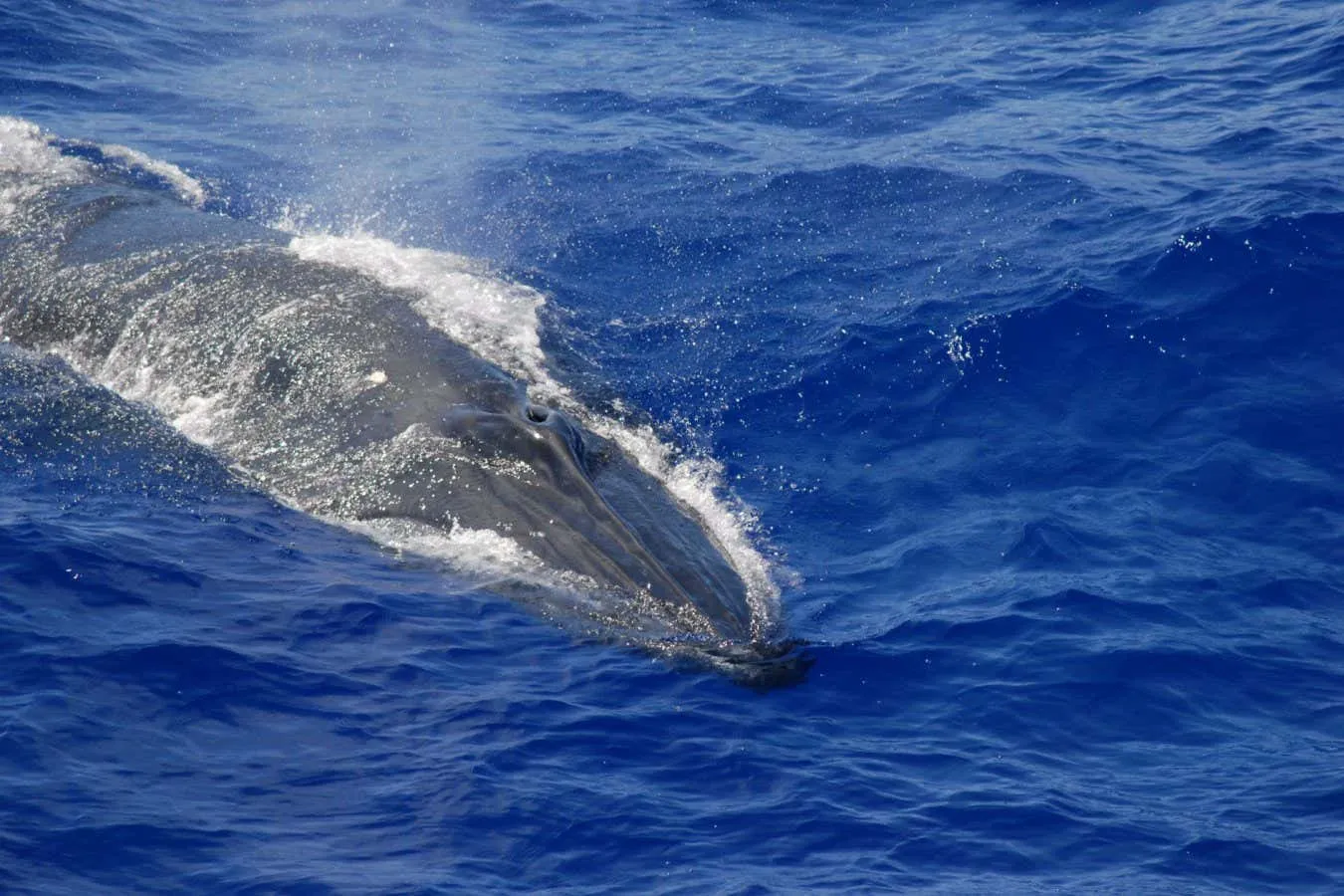Exploring Artificial Intelligence in Marine Biology: Whales of the Mariana Trench

Artificial Intelligence in Marine Biology
Artificial intelligence (AI) represents a transformative force in marine biology, particularly in the study of whales. The cutting-edge AI model can identify the calls of eight distinct whale species. This advancement is pivotal for researchers aiming to track a mysterious sound attributed to a whale in the depths of the Pacific Ocean.
Benefits of AI in Whale Tracking
- Enhanced Tracking: AI provides accurate tracking capabilities for elusive whale species.
- Improved Communication Insight: Understanding whale calls offers valuable data on their behavior and migration patterns.
- Deep-Sea Research: Leveraging AI allows researchers to explore previously inaccessible marine environments.
Future Directions in Marine Biology
As AI continues to evolve, its applications in marine biology are expected to expand. Future research can focus on integrating AI with other technologies to further uncover the mysteries of marine life. This collaborative approach promises to reveal deeper insights into whale populations and their ecological roles.
Disclaimer: The information provided on this site is for informational purposes only and is not intended as medical advice. We are not responsible for any actions taken based on the content of this site. Always consult a qualified healthcare provider for medical advice, diagnosis, and treatment. We source our news from reputable sources and provide links to the original articles. We do not endorse or assume responsibility for the accuracy of the information contained in external sources.
This article was prepared using information from open sources in accordance with the principles of Ethical Policy. The editorial team is not responsible for absolute accuracy, as it relies on data from the sources referenced.